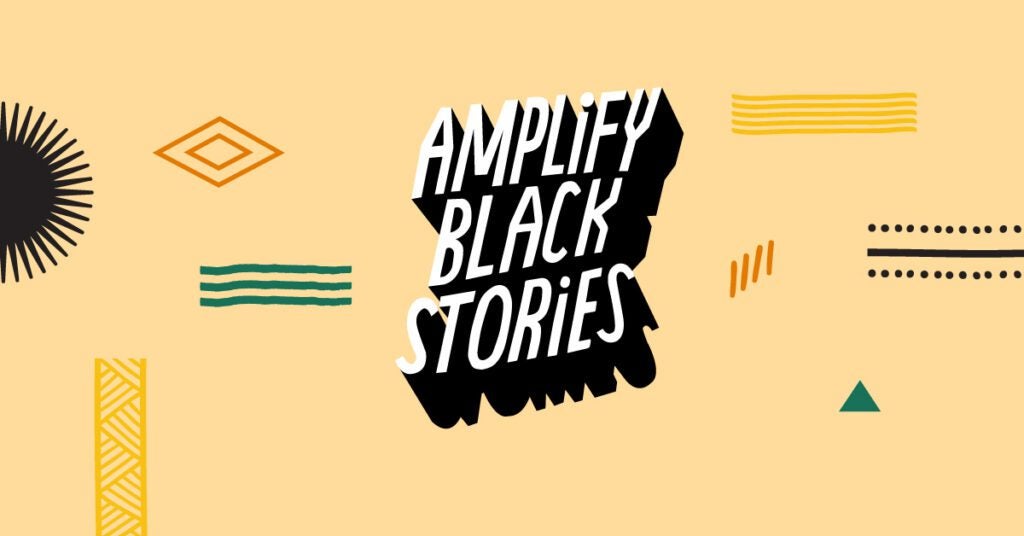Originally published on AdExchanger.

Last summer, Penguin Random House became the first advertiser to use MediaMath’s Multicultural Marketplace, which the DSP built to help brands spend their programmatic advertising dollars on multicultural publishers.
One of the “Big Five” trade book publishers, Penguin Random House has seen an explosion in demand for titles written by Black, Latinx, Asian and Pacific Islander and LGBTQ+ authors. As social movements like Black Lives Matter gained momentum last summer, many people read books featuring diverse characters and authors, and that demand still hasn’t dropped off.
Penguin Random House used the Multicultural Marketplace first to promote an individual title. The marketplace “was a way for them to reach their target audience, while putting money back in the minority community,” said Dawn Valandra, MediaMath director of ecosystem solutions.
Since then, Penguin Random House has expanded its use of the Multicultural Marketplace to its always-on #AmplifyBlackStories campaign, said Anthony Key, Penguin Random House’s head of multicultural marketing. The campaign is promoting stories by Black authors to a diverse group of readers through virtual events, book lists and influencer promotions and a video series – as well as programmatic ads promoting its initiative.
The publisher is using the marketplace this year to promote content, with a special emphasis around key dates like Black History Month, Women’s History Month and Juneteenth. Penguin Random House is also using the marketplace to recruit more diverse voices to its panel of readers who share their input with the publisher about the stories they want to read. The goal is to build credibility beyond just this cultural moment and showcase the voices and stories of its BIPOC authors, Key said.
Spending media dollars via the Multicultural Marketplace is one prong of Penguin Random House’s multicultural strategy, At the book publisher, many individual marketing teams have already done strong multicultural campaigns for individual titles. Now it’s making multicultural marketing less of a one-off and more integrated into the rest of its marketing through measures like always-on multicultural marketing and hiring more directors of multicultural marketing throughout the organization.
A key first step for any marketer seeking to level up its multicultural marketing is to start changing minds on the inside first.
“You have to start at the organization level. One of our key messages is growth across the business,” Key said. As a point of comparison, some of the largest consumer-focused companies in the world like GM and Pepsi see all of their growth coming from multicultural consumers, he said. “Everyone realized that multicultural is that engine for growth.”
On MediaMath’s end, the Multicultural Marketplace has been one piece of a broader initiative to enable purpose-driven advertising that arose during the pandemic. “MediaMath wanted to do our part to support those causes, and that encompasses products and solutions that allow clients to spend in a more meaningful and purposeful way,” Valandra said.
MediaMath currently counts more than 1,000 publishers in its Multicultural Marketplace, including Black Enterprise, Ebony, Essence, Rolling Out, BET, Mundo Hispanic and Vibe. The group includes publishers owned by people of color as well as media sites that feature content for BIPOC or LGBTQ+ audiences. It wants the marketplace to not just provide a contextual, values-focused place for brands to spend, but to deliver on a brand’s KPIs, Valandra said.
That way, a brand’s programmatic multicultural marketing dollars won’t just make their media buys more meaningful and purposeful – they’ll also be “an engine for growth” that builds up brands like Penguin Random House.

About The Author: Source
More posts by source